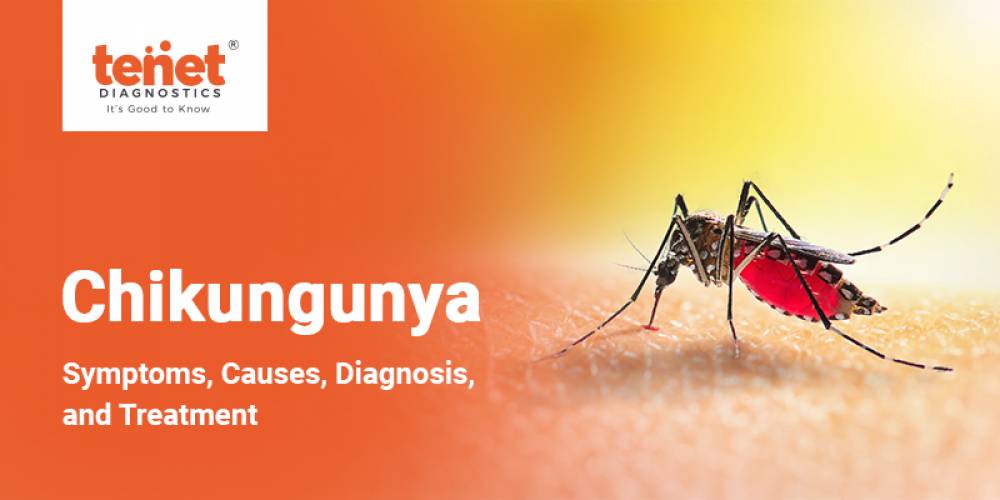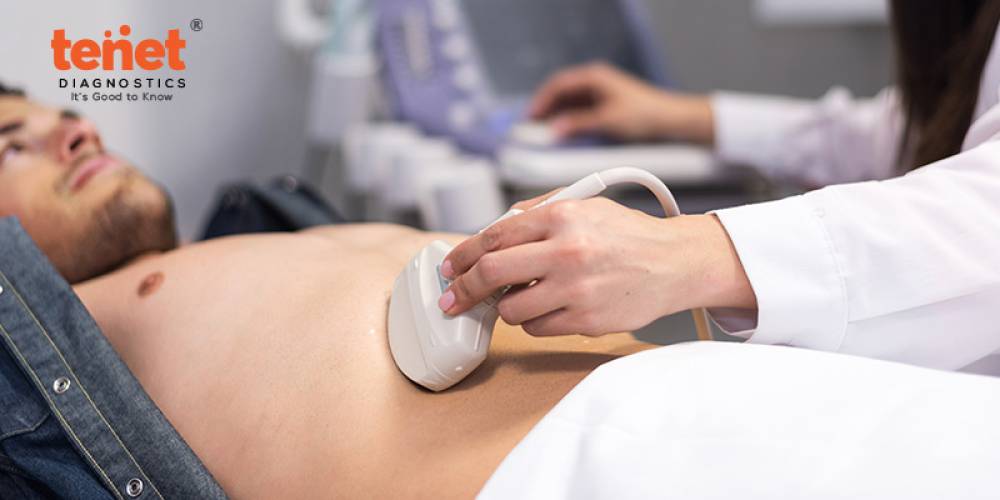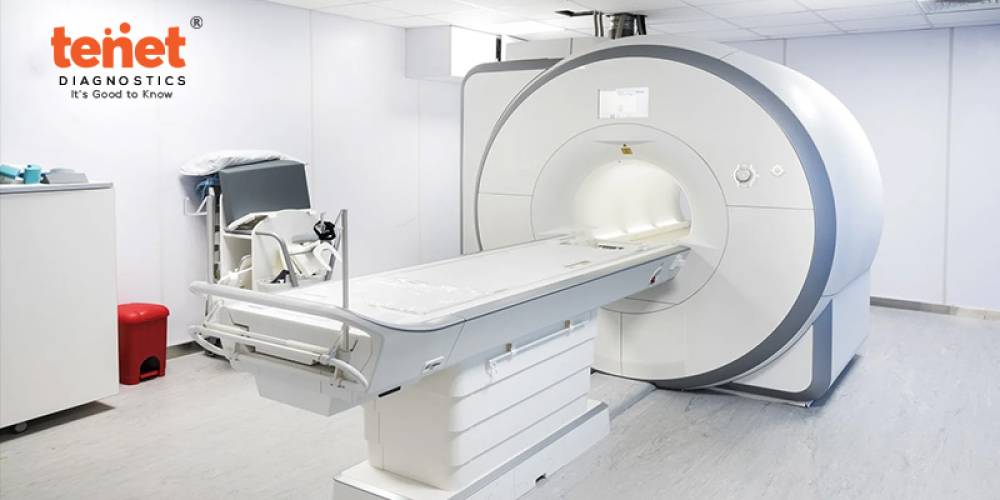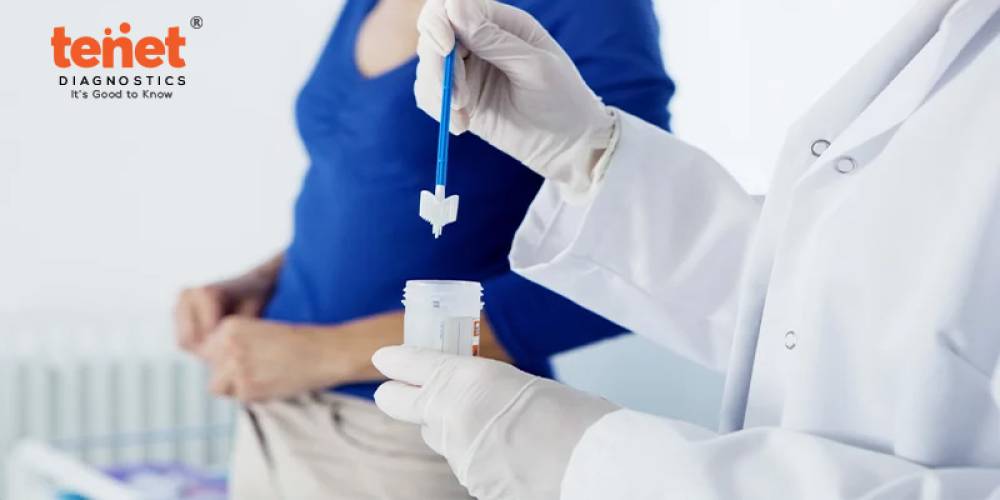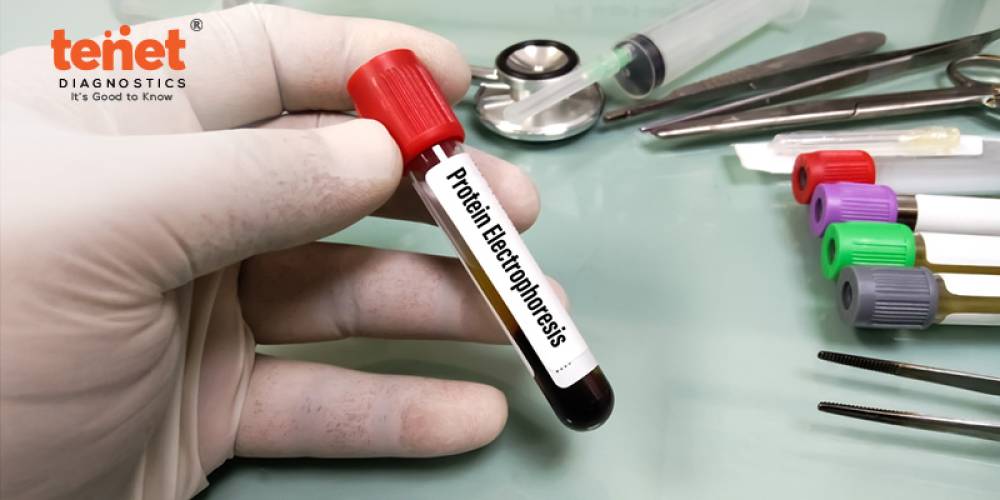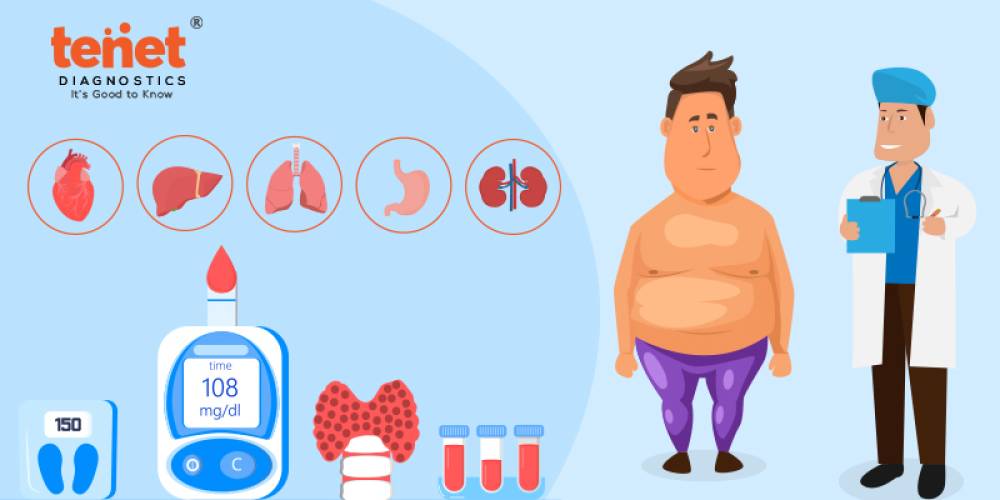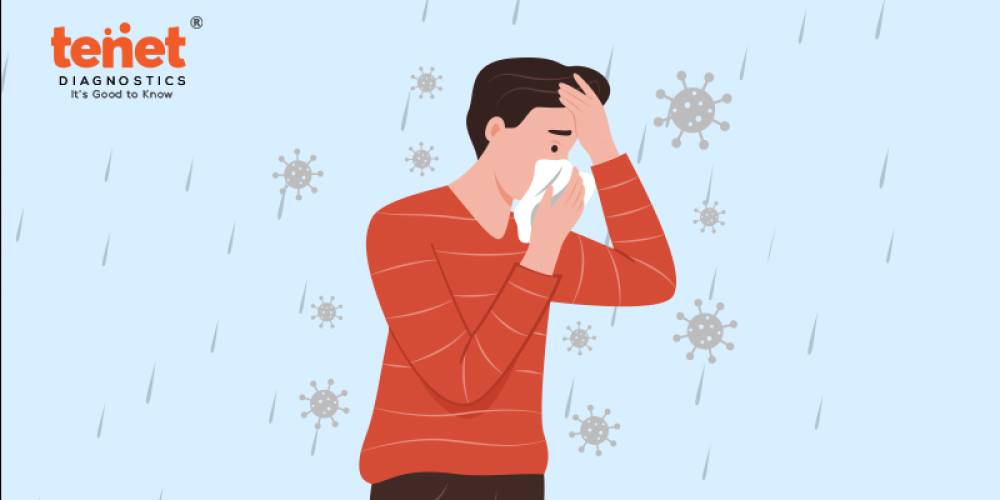The Chikungunya virus is spread via mosquito bites. Fever and joint discomfort are the two main signs of infection. Other symptoms include rash, headache, muscular soreness, or joint swelling. Countries in Africa, the Americas, Asia, Europe, the Caribbean, India, and Pacific Oceans have all seen outbreaks. Travelers who are afflicted run the danger of spreading the illness to unaffected areas. Neither vaccination nor a drug can be used to treat chikungunya fever. Travelers should save themselves by protecting themselves from mosquito bites. Wear long-sleeved shirts and pants, apply insect repellent, and stay in accommodations with air conditioning or that use window and door screens when visiting nations where the chikungunya virus is present.
Night-biting mosquitoes do not commonly spread the Chikungunya virus. Infection in this illness causes a quick onset of fever that lasts two to twelve days, along with joint pain and minor joint pains. Although the joint pain is frequently severe, it typically only lasts a few days or weeks. However, joint pain can occasionally last for several months. Additionally, some people get a rash.
Symptoms

Chikungunya typically takes three to seven days to incubate. Fever and joint pain are the main symptoms. Other signs include a rash, headache, muscular soreness, or joint swelling. The typical incubation period for this illness is 2 to 12 days following a chikungunya mosquito bite.
The following are the most typical chikungunya symptoms:
- fever (sometimes as high as 104 °F)
- swelling around the joints
- muscle pain
- joint pain
- headache
- rash
If you suffer any of the symptoms mentioned above, you should always discuss them with a doctor and avail yourself of the best diagnostic services. Getting diagnosed and treated right away is crucial to avoiding major problems. Chikungunya does not have a specific therapy, but the symptoms can be managed with painkillers and fever-reducing medications.
Chikungunya Causes
The chikungunya virus brings on the disease, but an Aedes mosquito bite is the mode of transmission. People who reside in or visit regions where the virus is present may contract it if they are bitten by a mosquito carrying it. After that, the virus enters the bloodstream and starts to cause symptoms like fever and joint discomfort. The most common causes of Chikungunya are listed below.
Infection by the chikungunya virus: Mosquitoes spread the virus, resulting in fever, joint pain, and rash. Chikungunya can occasionally cause more severe side effects, including meningitis or pneumonia.
Other causes: Other viruses, like Zika and dengue fever virus, can produce symptoms like Chikungunya
Diagnosis

For the diagnosis of Chikungunya, two typical tests are available: the detection of antibodies and the detection of viral RNA. The best diagnostic center in Hyderabad provides the following tests. chikungunya rna pcr test and Chikungunya IgM antibodies. IgM antibody detection is a screening test, and PCR test (Polymerase Chain Reaction) should verify positive results. IgM antibodies increase in 3–4 days and can last longer than three months. Therefore, the best test is RTPCR because it is sensitive and specific and can identify infections early.
Several methods can be used for the diagnosis of chikungunya virus infection:
IgM and IgG anti-chikungunya antibodies may be detected by serological testing, such as enzyme-linked immunosorbent assays (ELISA).
Chikungunya Treatment
Although the virus is rarely fatal, its symptoms can be awful and disabling. Most people get over their fever in a week, but joint pain might last for months. Moreover, 20% of patients experience persistent joint discomfort one year afterward.
Chikungunya cannot be treated with a specific antiviral drug. However, it may be helpful to receive treatment to remove the severity of Chikungunya's symptoms. OTC drugs like Ibuprofen, Naproxen, and Acetaminophen are used to relieve Chikungunya symptoms. In addition, Antipyretics, and analgesics to reduce discomfort and fever, drinking fluids, and getting enough rest are further treatments for Chikungunya.
Chikungunya Vaccine

There is no commercially available vaccination or antiviral medication to treat Chikungunya. Chikungunya is a short-lived illness that can be lethal to people with impaired immunity. The creation of the Chikungunya vaccine is still a work in progress that involves several clinical trials.
Prevention
The greatest prevention strategies involve preventing mosquito bites because they are the primary way of chikungunya transmission.
- Using air-conditioning
- Sleeping under a mosquito net.
- Stay indoors as much as possible.
- Wear clothing that covers the whole body.
- Using mosquito coils and insecticide vaporizers.
- Avoid traveling to areas experiencing outbreaks.
- Products containing PMD (p-Menthane-3,8-diol) or oil of lemon eucalyptus can be helpful.
- Applying DEET (N, N-Diethyl-meta-toluamide) or picaridin-containing insect repellent to skin and clothing.
Although Chikungunya is rarely fatal, the symptoms are distressing and can be long-lived. Avoiding mosquitoes is critical.
Blood testing can also check for viruses with comparable symptoms, like dengue and Zika. After the lab receives a specimen, test results are typically available 4 to 14 days later.
The Final Word
After reading this essay, you now understand what Chikungunya is, how it spreads, and how to prevent it. However, do not ignore and take all the necessary steps to protect yourself; seek medical attention immediately if you begin to display Chikungunya-like symptoms. Mosquito traps were also discussed, which can aid in the battle against Chikungunya. In some cases, mosquito traps are the only practical approach to lessen the number of mosquitoes around your home and safeguard your health.

